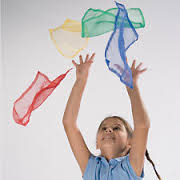
Should I Homeschool My Dyslexic Child? Are you wondering if homeschooling your dyslexic child is a good idea or the worst idea you’ve had this decade? In this post, I cover four great reasons to consider homeschooling as an educational option, and one overpowering reason not to. Here’s what I cover in this post. Experts […]




